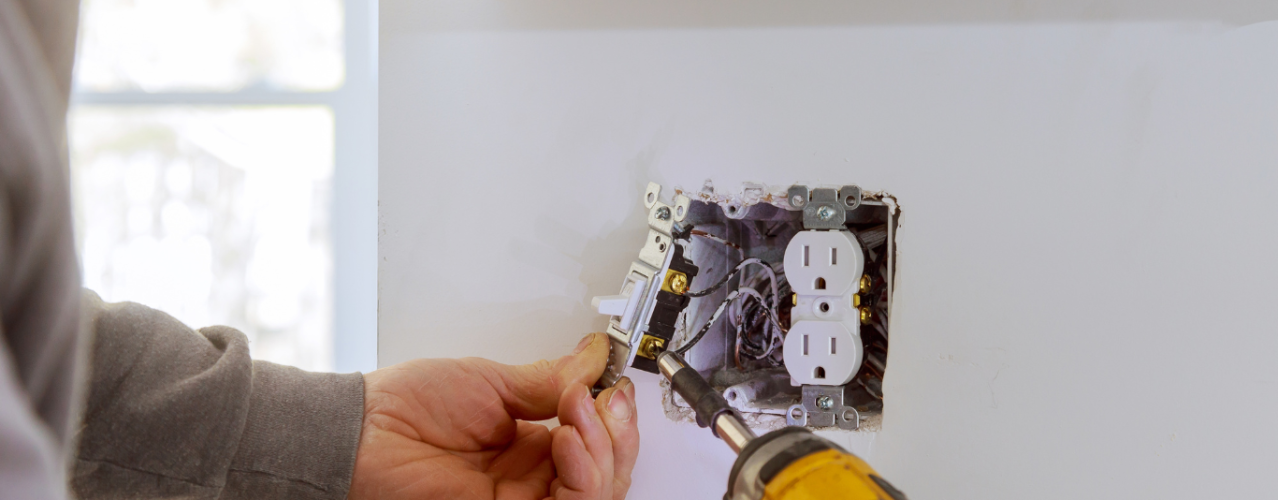

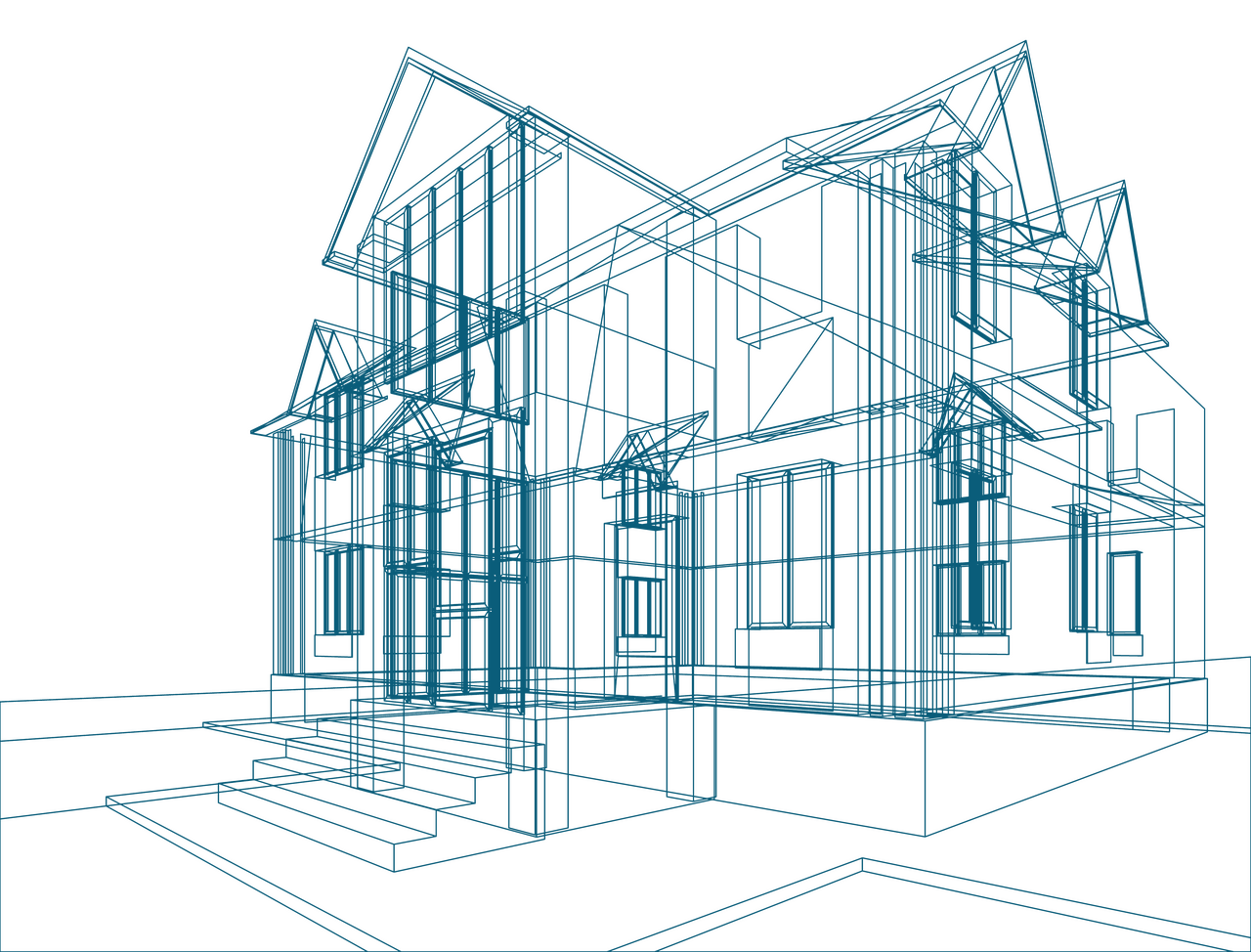
Market report
Installation insights and advice
For information and market reports on European electrical installation monitoring, visit USP Research's website. Gain valuable insights into the electrical industry trends and market analysis.
News I published 02 December 2022 I Dirk Hoogenboom
Share of installers working remotely differs vastly between countries
Labour shortages are an ever-pressing issue in the world of construction and installation. That is also the case for electrical installers, who are in high demand and ever shorter supply in most European markets. One solution is to improve installers’ efficiency so they can do more installations in less time, for instance by developing plug-and-play systems that are quick and easy to install.
That might save time on the installation but does not reduce time spent on maintenance and solving problems and malfunctions in systems that are already installed. Luckily, an increasing number of products and systems are connected to the internet. Aside from allowing owners control at a distance, these connected smart products allow installers the opportunity to monitor performance, assess malfunctions and run diagnostics of systems at a distance.
This possibility can save installers enormous amounts of travel time, as they may be able to solve a problem at a distance. If not, it allows installers to come well prepared and faster and more efficient on-site visits. Manufacturers are increasingly developing connected installation products that also allow working at a distance and can potentially save installers much time, but how many installers are making use of this possibility?
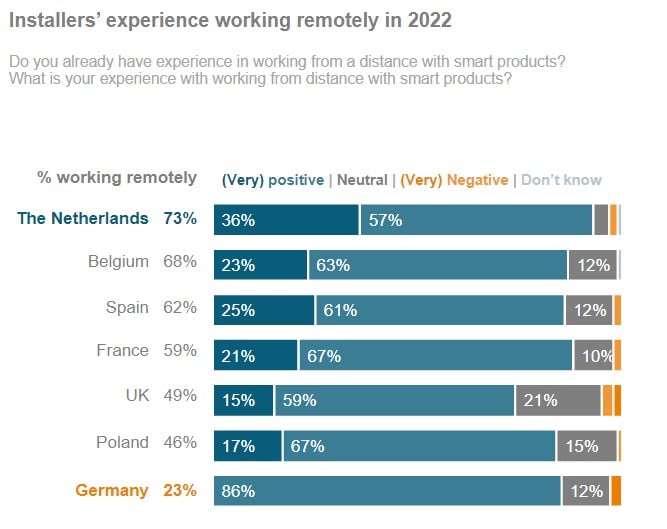
Installers work remotely the most in the Netherlands and the least in Germany
For the Q2 2022 report of USP Marketing Consultancy’s European Electrical Installation Monitor, which focuses on smart buildings, we asked electrical installers from seven major European markets whether they have experience with working at a distance with smart installation products. As it turns out, this varies widely per country. The largest share of installers that have experience working remotely is found in the Netherlands (73% of installers), which is not surprising. As we saw in a previous article, the Netherlands also has the highest share of installers involved in installing smart products.
The country with the lowest share of installers working remotely is Germany, where only 23% of installers claim to have such experience. This may have little to do with the number of smart products installed, and more with legislation. The most concrete explanation is that Germany has some of the strictest privacy legislations in Europe. That complicates the legal aspects of accessing a client’s system, thus preventing installers from working remotely.
Working remotely expected to continue to grow
Aside from legislation preventing installers to work remotely, they may also just be reluctant to change their way of working. Like many construction and installation professionals, electrical installers can be traditional in this, which can delay the growth of working remotely a little. Nevertheless, the time saving benefits of working remotely will win it from tradition if work pressure is high, which is what we already see in some countries.
Interestingly, installers who have experienced working remotely are positive about it. In all countries, most installers who worked remotely liked it, and only a tiny fraction considered the experience negative. By now this should not come as a surprise, but as a confirmation that working remotely indeed gets more jobs done faster in times of high work pressure due to labour shortages.
These shortages are expected to be a continuing problem. Meanwhile, the number of smart products installed is growing and the demand for smart systems will only increase due to other trends like sustainability for instance. Put together, both incentive and opportunity for installers to work remotely with smart products will only increase in time to come.
For manufacturers of smart installation products, it is essential to know in which markets these products are used the most and how usage is developing. For an overview of installers’ usage of and experience with smart building products and installations in seven European countries, we refer you to the Q2 2022 report of USP Marketing Consultancy’s European Electrical Installation Monitor.

Read more


31 July 2024 I Dirk Hoogenboom
How is the smart and connected products market evolving in Europe?
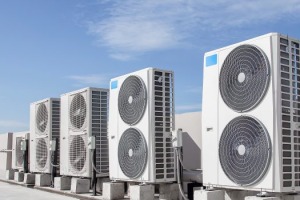


02 July 2024 I Dirk Hoogenboom
BIM adoption among European HVAC installers remains low
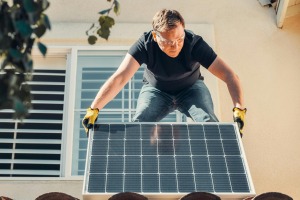

06 June 2024 I Maja Markovic
Sustainability in the electrical installation sector; slow but steady growth



10 May 2024 I Dirk Hoogenboom
Sustainability in the electrical installation industry

Fresh Insights Await
Our relevant reports
Delve into the newest findings across various market segments, crafted for a cutting-edge overview. Explore our insightful reports, brimming with up-to-date data, trend analyses, and in-depth examinations, all tailored to provide you with a comprehensive understanding of the current market dynamics.
Construction
Home Improvement
Installation
Special reports
Construction
Smart Materials and Buildings Q4 2024
2024 85 pages
Explore the evolving future in construction sector among European architects in Q4 2024. Delve into the factors driving material preferences and the impact on construction aesthetics and sustainability.
2,000 Euro
Construction
Digitalisation and BIM H2 2024
2025 64 pages
Uncover the preferred purchase channels of contractors in H2 2024, and understand how purchasing behaviors evolved. This report provides insights into the factors influencing purchasing decisions among contractors.
6,000 Euro
Construction
Decision making process Q3 2024
2024 87 pages
Unveil the decision-making processes in the construction industry through the lens of European architects. Discover the factors that influence crucial decisions and the interplay among different stakeholders.
2,000 Euro
Construction
Prefab H1 2024
2024 63 pages
Discover the adoption rate and benefits of prefabrication technology among European contractors in H1 2024. Understand the driving forces behind prefab usage and its impact on project efficiency and cost-saving.
6,000 Euro
Construction
Future of construction Q2 2024
2024 82 pages
Explore the evolving future in construction sector among European architects in Q2 2024. Delve into the factors driving material preferences and the impact on construction aesthetics and sustainability.
2,000 Euro
Construction
Sustainability 2024
2024 72 pages
Painter Insight Monitor 2024 will focus on understanding the specific needs, preferences, and challenges faced by painters when it comes to sustainable products.
11,000 Euro
Home Improvement
DIY vs DIFM Q4 2024
2025 76 pages
Explore the prevailing trends between DIY and DIFM in Q4 2024. Understand consumer preferences and the factors influencing their choice between DIY and DIFM.
3,500 Euros
Home Improvement
Branding Q3 2024
2024 74 pages
Discover the power of branding in the home improvement sector. Explore how strong branding influences consumer preferences and purchase decisions.
3,500 Euro
Home Improvement
European Garden Monitor
2023 43 pages
Explore the European Garden Monitor, a comprehensive platform dedicated to garden health monitoring in Europe. Access valuable resources and expert advice today.
12,000 Euro
Home Improvement
Purchase channels Q2 2024
2024 90 pages
The European Home Improvement Monitor offers valuable insights on purchase channels in the European home improvement industry, examining the evolving preferences and behaviors of consumers across traditional retail and emerging online platforms.
3,500 Euro
Home Improvement
Sustainability Q1 2024
2024 81 pages
Delve into sustainability trends in the home improvement sector in Q1 2024. Discover consumer preferences and the shift towards eco-friendly home improvement solutions.
3,500 Euro
Home Improvement
DIY versus DIFM Q4 2021
2024 113 pages
This report is a must-have if you’re in the home improvement industry. It provides a wealth of information on the behaviour of DIY and DIFM consumers, their motivations, and the factors that influence their purchasing decisions.
3,150 Euro
Installation
Training needs Q1 2025
2025 100 pages
This report offers an overview of installers’ habits and preferences concerning their education. Furthermore, the report encompasses the pervasive challenge of workforce shortage and explores the sector’s strategies for resolving this issue.
3,250 Euro
Installation
Media orientation Q4 2024
2025 128 pages
The European Mechanical Installation Monitor report provides a detailed analysis of the plumbing and HVAC industry. This report specifically focuses on Media Orientation in the industry.
2,800 Euro
Installation
Services in the installation sector Q4 2024
2025 102 pages
This report provides a comprehensive view of the installer's requirements for services from manufacturers. Within the report, you will find information on the most needed services in each category: commercial processes, engineering, products & installation, and repair & maintenance. It also examines the services that installers offer to their customers.
3,250 Euro
Installation
Prefab Q3 2024
2024 110 pages
Uncover the adoption of prefabricated products in HVAC installations during Q2 2022. Delve into the benefits and challenges associated with prefabrication in HVAC.
2,800 Euro
Installation
Prefab Q3 2024
2024 119 pages
This report offers a comprehensive view of the installers’ involvement and needs regarding prefabricated electrical installations.
3,250 Euro
Installation
Smart & Connected Products Q2 2024
2024 120 pages
This report provides a comprehensive view of the attitudes of installers toward smart building solutions, specifically among electrical installers and their clients. In the report, you will find insights into the installers' experiences with installing smart products and the willingness of end users to invest in such solutions, as well as their motivations and pain points.
3,250 Euro
Special reports
European Sustainability Report 2024
2025 51 pages
This report provides in-depth insights based on triangulation of key market information and data as well as data from USP Marketing Consultancy’s key monitors that are carried out year in, year out. The focus of this report is on the most important stakeholders within the construction industry, namely architects, contractors, electrical and HVAC installers within The United Kingdom, The Netherlands, Belgium, Germany, Poland, France, Italy, and Spain.
3,950 Euro
Special reports
European Sustainability Report 2024
2024 51 pages
This report provides in-depth insights based on triangulation of key market information and data as well as data from USP Marketing Consultancy’s key monitors that are carried out year in, year out. The focus of this report is on the most important stakeholders within the construction industry, namely architects, contractors, electrical and HVAC installers within The United Kingdom, The Netherlands, Belgium, Germany, Poland, France, Italy, and Spain.
3,950 Euro









